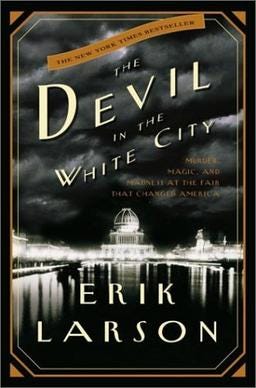 |
| Golf hole and ball Photo by tyler hendy from Pexels |
A Chicago-based private investor, Paul Liska has held senior positions at many notable companies. Paul Liska has worked for Kraft General Foods, Sears Roebuck, and St. Paul Companies, to name a few. In his free time, Mr. Liska is an avid golfer and favors the Club at Wynstone, Castle Pines Country Club, and Winged Foot Country Club. All these clubs offer difficult courses, but for an extraordinary challenge many golfers’ first choice is Bethpage Black.
Bethpage State Park on Long Island has five golf courses, and the Black is the only one that merits a warning. A sign by the first tee cautions golfers, "The Black Course Is An Extremely Difficult Course Which We Recommend Only For Highly Skilled Golfers."
It has twice been the location for the U.S. Open. At the 2002 U.S. Open, the only golfer to break par for the course was Tiger Woods, who also won the event. Designed by A. W. Tillinghast, the course has narrow fairways, plateau greens, and a series of intentionally challenging holes that aren’t for the faint of heart. It consistently ranks among the 100 greatest golf courses in America.


